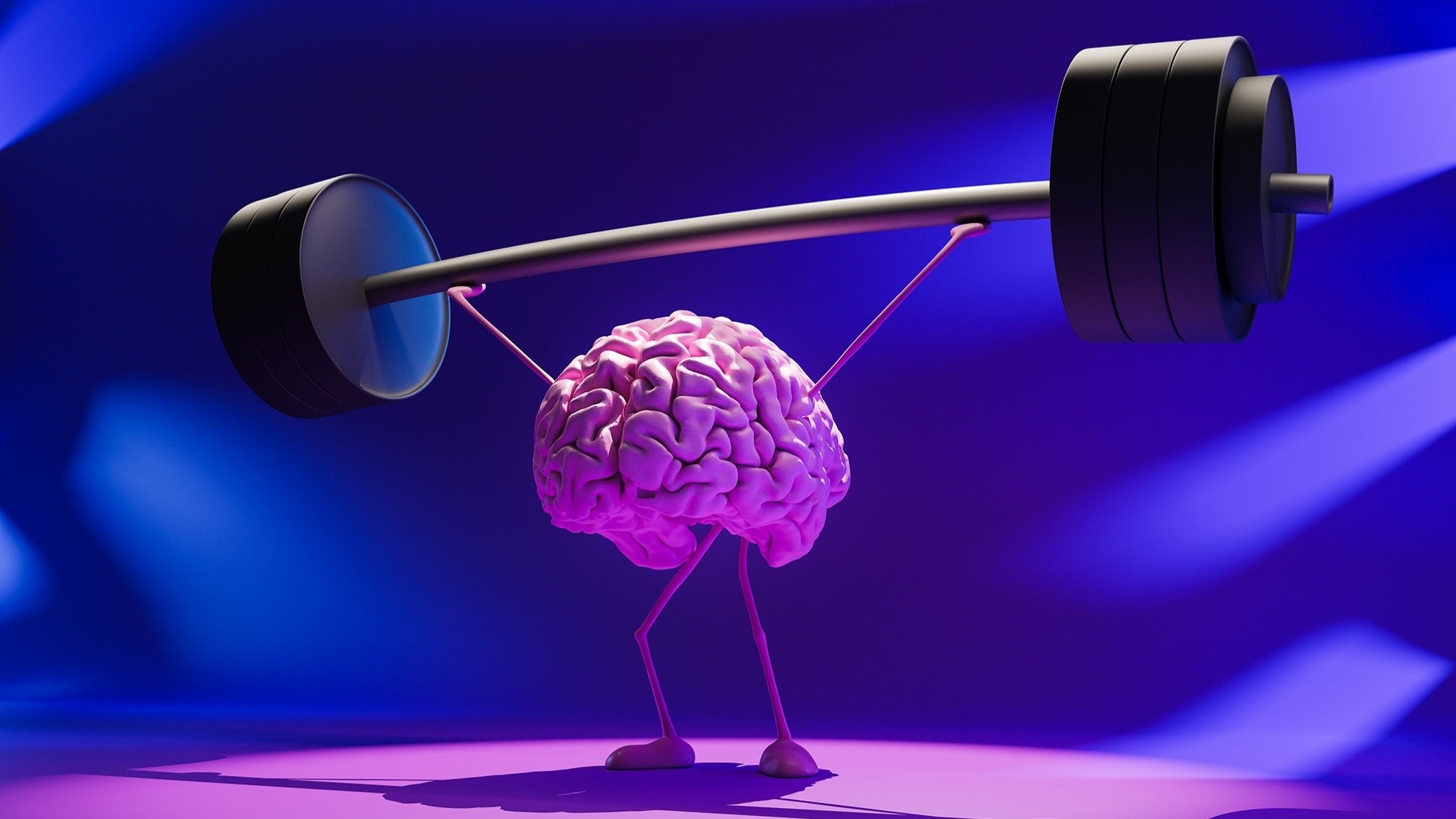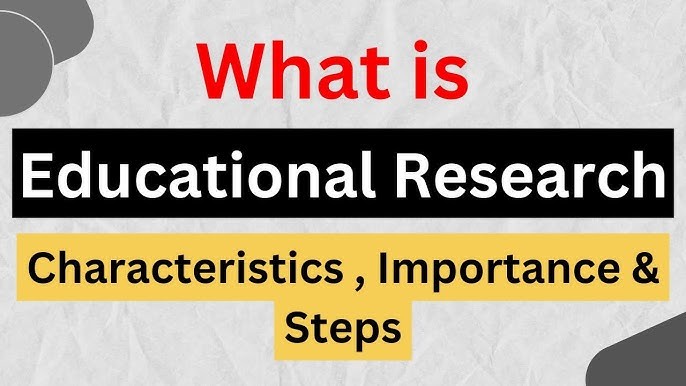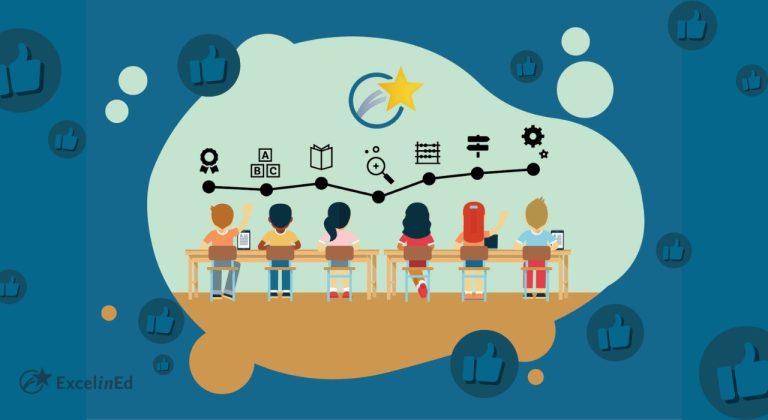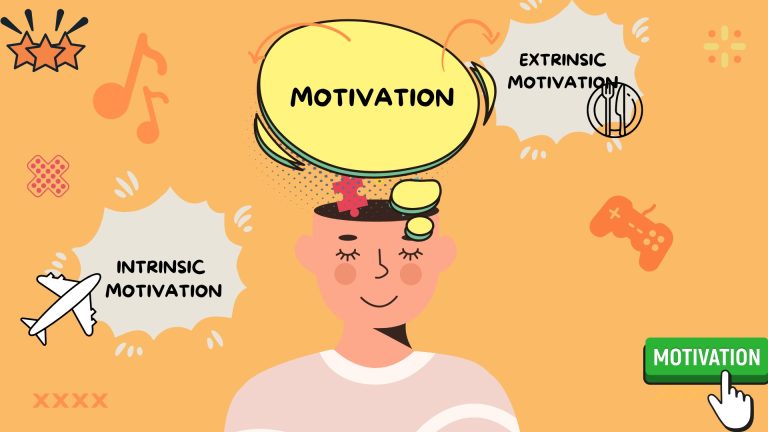How to Train Your Brain to Retain More
In an age where information is abundant and readily accessible, the true competitive edge often lies not in what we can find, but in what we can effectively retain and apply. For professionals navigating complex industries, from mastering new software systems to recalling crucial client details or intricate market regulations, the ability to train one’s brain to retain more information is an invaluable asset. It transcends mere memorization; it’s about building robust neural pathways that allow for quicker recall, deeper understanding, and more innovative problem-solving. This isn’t a mystical ability reserved for a select few; it’s a skill that can be cultivated through consistent, science-backed strategies.
The foundational principle for enhanced retention lies in **active engagement** with the material. Passive consumption—simply reading a report or listening to a lecture without mental effort—rarely leads to lasting memory. To truly embed information, your brain needs to work with it. One powerful technique is **elaborative rehearsal**, which involves connecting new information with what you already know. Instead of just trying to remember a new business concept, think about how it relates to a past project, a current industry trend, or a personal experience. For instance, if you’re learning about the concept of “disruptive innovation,” consider how companies like Netflix disrupted Blockbuster or how ride-sharing apps transformed the taxi industry. This act of linking new data to existing frameworks creates a richer, more interconnected web of knowledge, making it easier to retrieve later. The more connections you forge, the more pathways your brain has to access that information.
Beyond mere connection, **retrieval practice**, often referred to as the “testing effect,” is arguably the most potent strategy for long-term retention. This doesn’t mean cramming before an exam; it means actively trying to recall information *without* looking at your notes. After reading a section of an industry white paper, close it and try to summarize the main points in your own words. If you’re learning a new programming language, attempt to write snippets of code from memory. This process of effortful retrieval strengthens the memory trace, making it more robust and less susceptible to forgetting. Even if you struggle to recall something, the act of trying itself is beneficial, making subsequent learning of that information more effective. Flashcards, self-quizzing, and even explaining concepts aloud to an imaginary audience are all forms of retrieval practice that significantly enhance retention compared to simply re-reading material.
Another critical element in training your brain for better retention is **spaced repetition**. Our brains are designed to forget information that isn’t deemed important, which is why cramming often leads to short-term recall but poor long-term memory. Spaced repetition counteracts this natural forgetting curve by strategically reviewing information at increasing intervals. Instead of revisiting a topic daily for a week, you might review it after a day, then three days, then a week, then a month, and so on. Digital tools and apps specifically designed for spaced repetition (like Anki) can automate this process, presenting you with information just as you’re about to forget it, thereby optimizing the effort required for long-term storage. For a business professional, this could mean reviewing key terms from a new compliance regulation just before they fade from memory, ensuring they are readily available when needed in a real-world scenario.
Furthermore, integrating **multimodal learning** can significantly boost retention. Our brains are not monolithic; different types of information are processed and stored in various ways. Engaging multiple senses and different areas of the brain enhances memory formation. This means going beyond just reading. If you’re learning about a new product line, read the specifications, then watch a video demonstration, listen to an expert interview, and if possible, physically interact with a prototype. Visual aids like diagrams, flowcharts, and infographics are particularly effective because they leverage our brain’s strong visual processing capabilities. Transforming complex textual information into a visual representation can make abstract concepts more concrete and memorable. For instance, when analyzing a complex supply chain, drawing a process map can help you grasp and retain the interconnected steps far better than simply reading a description.
Finally, the overall health and state of your brain play an undeniable role in its ability to retain information. Adequate **sleep** is paramount; during deep sleep, the brain consolidates memories formed during wakefulness, moving them from short-term to long-term storage. Chronic sleep deprivation severely impairs this process, leading to reduced recall and difficulty learning new information. Similarly, regular **physical exercise** increases blood flow to the brain, promoting the growth of new neurons and enhancing cognitive function. A **balanced diet**, rich in omega-3 fatty acids, antioxidants, and essential nutrients, provides the necessary fuel for optimal brain performance. Managing **stress** is also crucial, as chronic stress can negatively impact memory and focus. By prioritizing these fundamental aspects of well-being, you create an optimal environment for your brain to not only learn effectively but to robustly retain the knowledge that is so vital for professional success. Training your brain to retain more is an ongoing commitment to active engagement, strategic practice, and holistic self-care, yielding dividends in every aspect of your professional and personal life.







